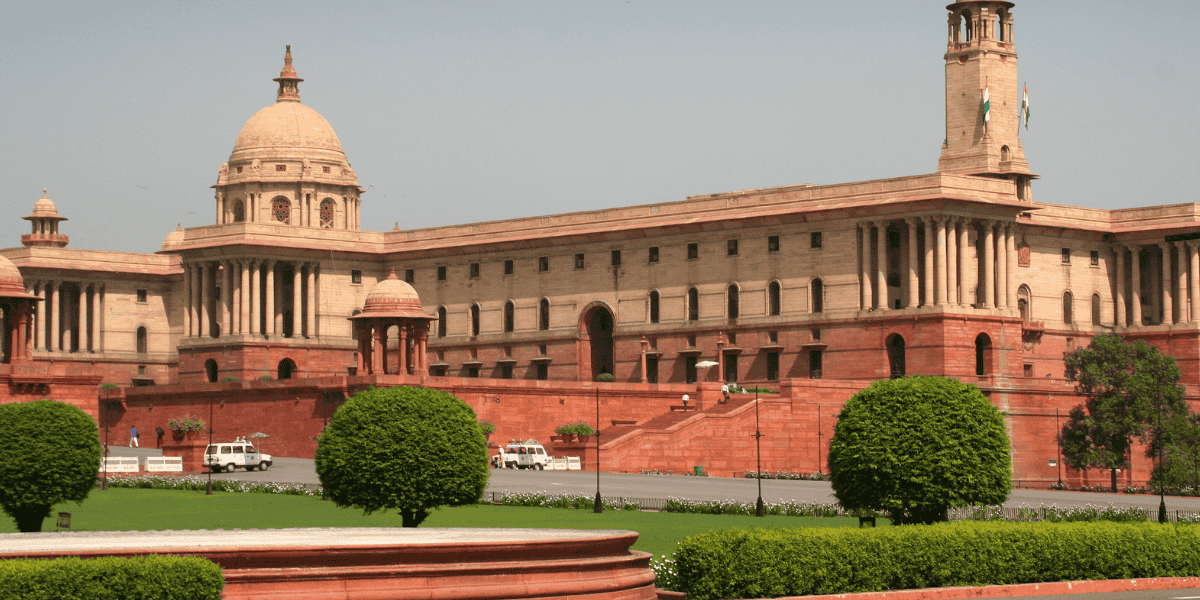The Honorable Finance Minister of India on 28th February announced a budget aimed at high growth, saying the pace of cutting the fiscal deficit would slow as he seeks to boost investment and ensure that ordinary people benefit. Presenting the budget in Parliament, the Finance Minister said the country was growing at a strong rate, inflation was down and foreign exchange reserves were high.
The main highlights of the Indian budget for 2015/16 are summarized below:
- The Indian government has unveiled a business-friendly budget aimed at attracting greater investment for the economy.
- Under the Budget announcements, the corporate tax rate is to be reduced from 30% to 25% over the next 4 years accompanied by rationalization and removal of various corporate tax exemptions and incentives. These changes will take effect from 1 April 2016.
- India will grow at a rate of more than 8% during 2015-16, a key economic report said ahead of the budget.
- To address the issue of compliance cost, in small businesses, the Budget has increased the threshold limit under which domestic transfer pricing provisions will be triggered. The threshold limit for domestic transaction has been upped to 20 crore from 5 crore now.
- Spending on infrastructure will be raised by $11.3bn (£7.32bn) to boost growth.
- Creating a “universal social security” that would give poor Indians access to subsidized insurance and pensions.
- Implementation of a uniform countrywide goods and services tax (GST) by April 2016.
- Welfare money to be paid directly into people’s bank accounts to eliminate corruption and waste.
- Wealth tax to be abolished and replaced by a surcharge on the super-rich.
- The permanent establishment (PE) /business connection rules are to be modified, to the effect that, the mere presence of a fund manager in India would not constitute a PE/business connection of the offshore fund in India.
- Also, The provisions of minimum alternate tax (MAT) are to be rationalized for foreign institutional investors (FIIs) and members of an association of persons (AOP).














